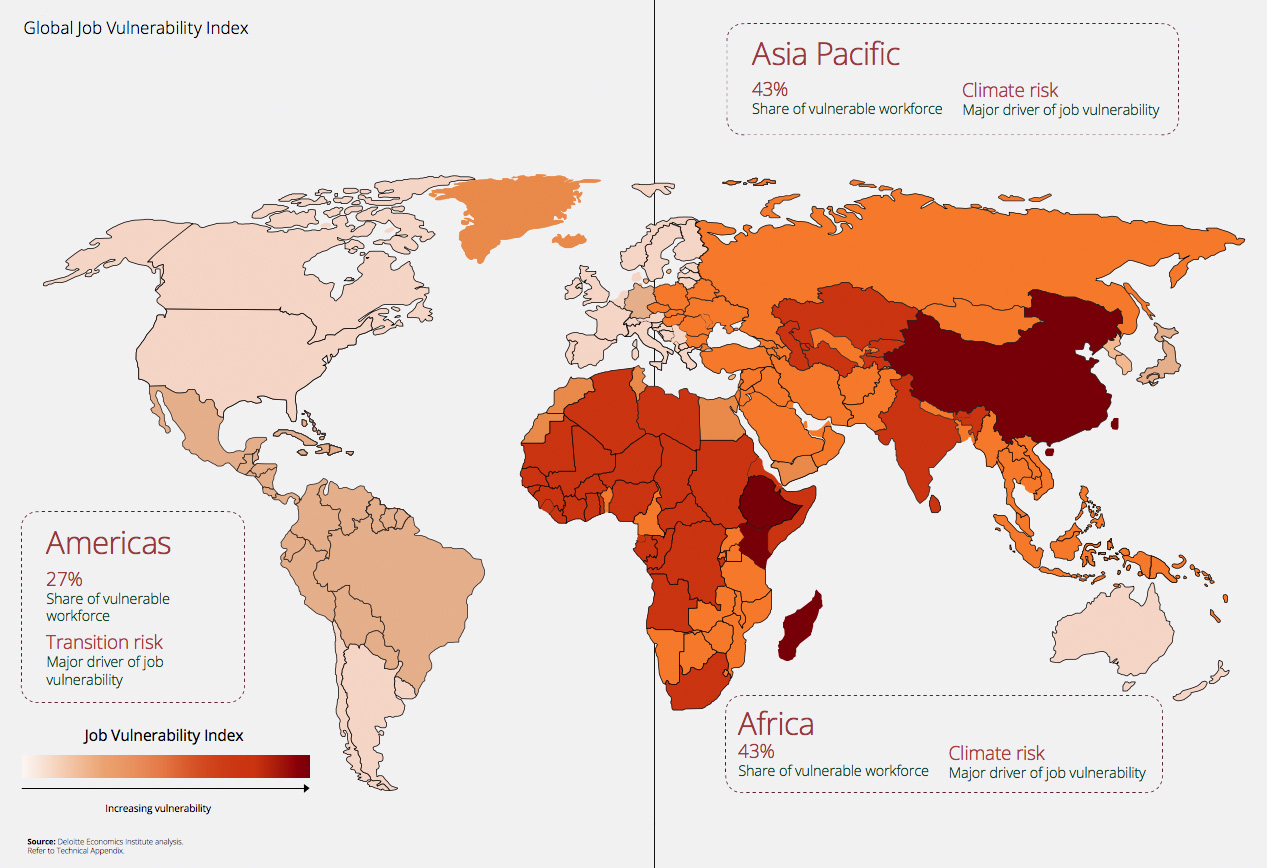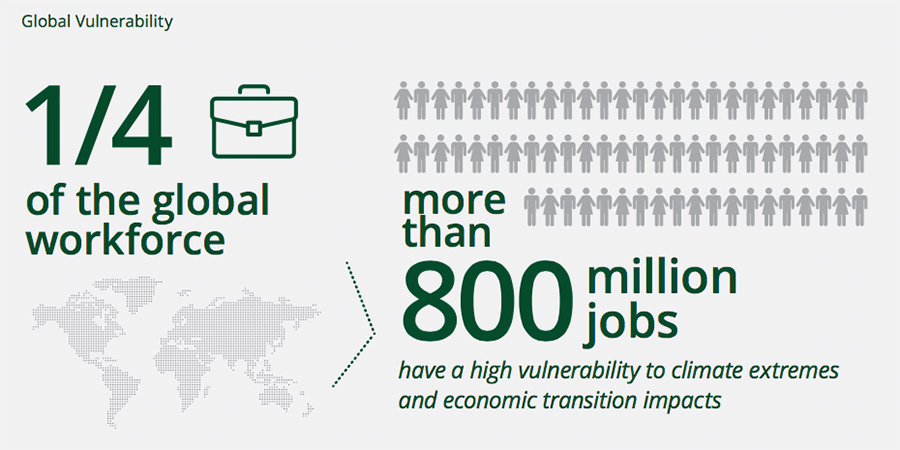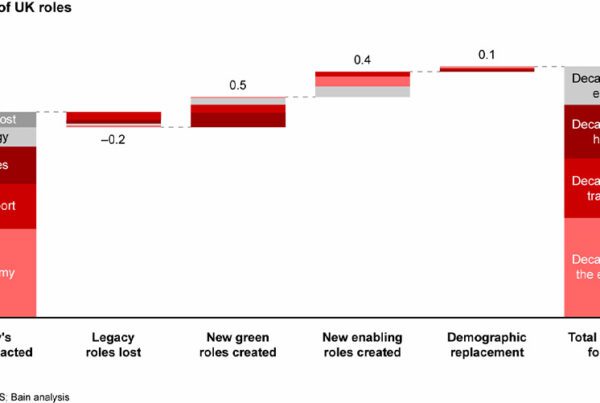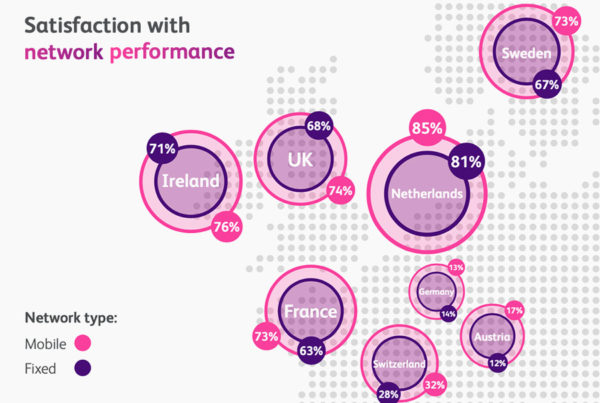A new report has given grim insight into the impacts of global climate change on national economies – and revealed that countries responsible for more historic emissions may well get off the lightest. According to the study, the US, Western Europe and Australia look set have jobs less impacted by climate disruption.
As the threat of climate change increases globally, living conditions will become increasingly precarious around the world. On top of the direct environmental and human impacts of rising sea levels, extreme weather and damaged ecosystems, this will have a knock on impact on the way the global economy works. With livelihoods suddenly jeopardised, how the world chooses to deal with climate refugees is set to become one of the key issues of the coming era.
According to the United Nations High Commissioner for Refugees (UNHCR), an annual average of 21.5 million people have already been forcibly displaced by weather-related events – such as floods, storms, wildfires and extreme temperatures – since 2008. These numbers are expected to explode in coming decades, with international thinktank IEP predicting that 1.2 billion people could be displaced globally by 2050, due to climate change and natural disasters. If it wasn’t already the case, that level of displacement would rend the current immigration practices of the western world unfit for purpose.

Illustrating what may be one of the major driving forces behind climate refugees, a new study from Deloitte shows that one-quarter of the global workforce could be faced with employment vulnerability due to climate change. That represents over 800 million jobs.
But the impacts of climate change will not be evenly distributed. Many of the world’s poorest nations are already facing major disruption. Islands in Asia and Asia Pacific are increasingly prone to flooding, while countries throughout Africa struggle with historic droughts at unprecedented rates. These regions will see the greatest level of job-vulnerability, according to Deloitte.
Meanwhile, some historic polluters such as the UK and Western Europe have been pumping out carbon emissions since the industrial revolution – often burning through resources extracted from today’s ‘poorer countries’ through imperialism – and thus played a leading role in man-made climate change. But they look set to be least impacted by workforce vulnerability. As such, along with the likes of Australia and the US, these countries are likely to become hubs which refugees, seeking economic security in the face of climate disruption, will head to.

Much of their reception to date has been hostile. But Deloitte’s study suggests that beyond the ethical shortcomings of world leaders turning a blind eye to helping populations they have historically placed in the way of harm, they may also be missing an opportunity to re-invigorate their own workforces.
“Our analysis shows that 80% of the skills that will be required for jobs in our increasingly decarbonised economy already exist. It’s clear that these skills and the Green Collar workforce will be the driver of the transition—not consequence of transition,” said Dr. Pradeep Philip, Partner, Deloitte Economics Institute. “With the right policy support from governments globally, we can create more jobs, better outcomes for workers, and a more equitable distribution of the opportunities created in a net-zero economy.”




